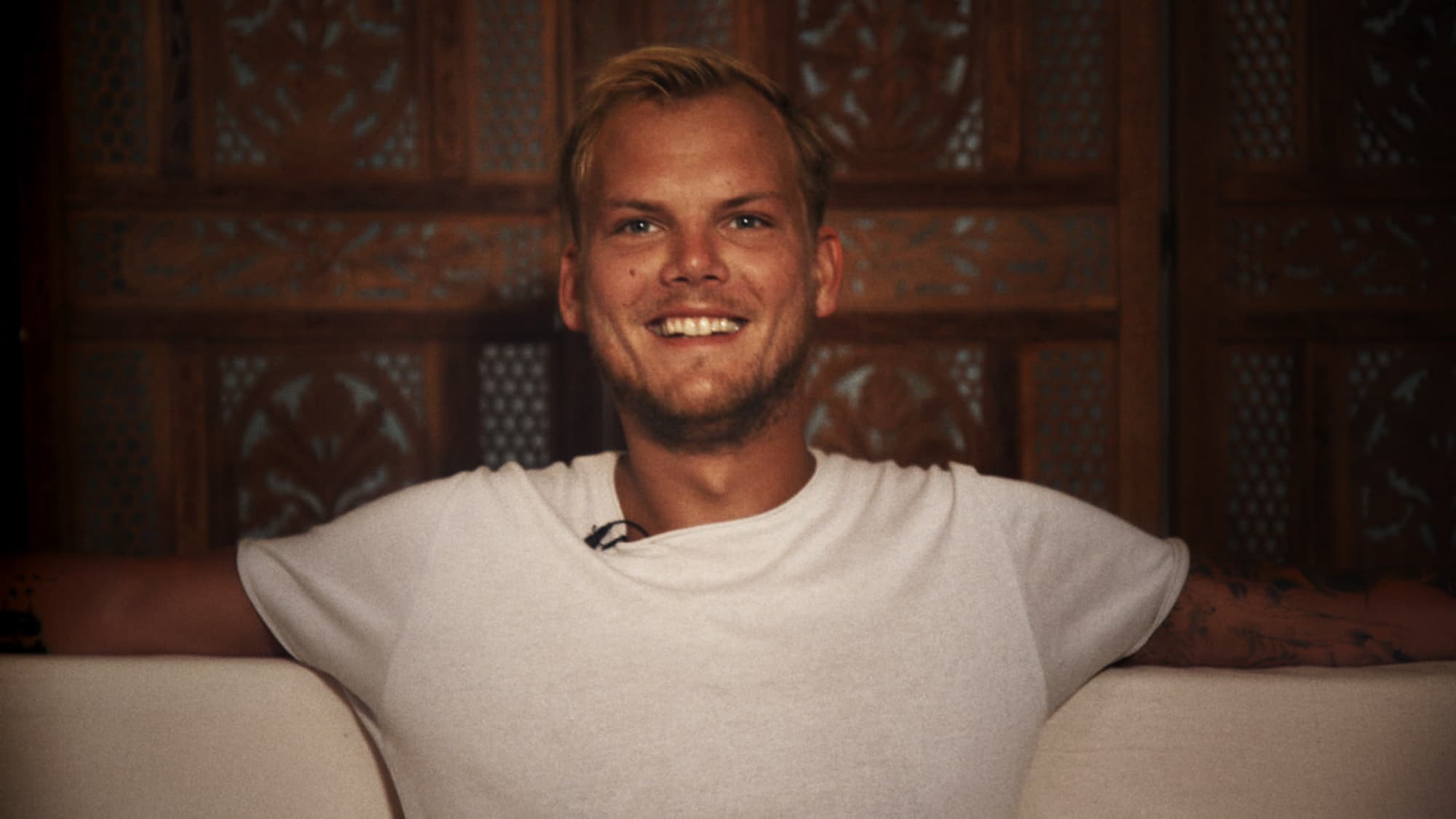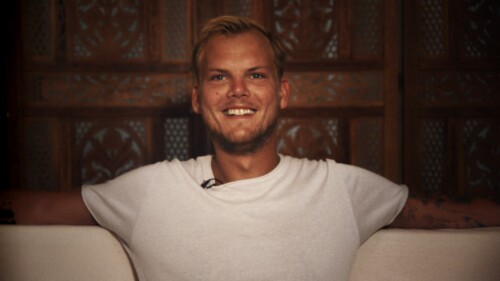No products in the cart.

Every time I hear the name Avicii, two conflicting feelings well up inside me. On one hand, there’s the spark of my student days, when his tracks would close out every night and introduce me to an EDM scene I believed was carefree. On the other, there’s the shadow of a tragedy—the story of an artist swallowed by an industry that offers little mercy to its brightest talents.
I approached this documentary wearing two hats: the young woman who once danced to “Levels” without a second thought, and the professional who has been navigating this business for seventeen years. Here, then, is my take, somewhere between fond nostalgia and the distance needed to interpret the fate of an artist who left us too soon.
Critique: Avicii, the Price of a Ravenous Business
“I was much happier before I became famous than after.”
— Tim Bergling, in I’m Tim
On the surface, I’m Tim on Netflix offers a tender portrait of Avicii: a young talent, surrounded by friends and collaborators who seemed to genuinely care about his well-being. Yet both on screen and behind the scenes, one senses the machinery of an industry whose ambitions too often trump the health of its artists. The interviews make it clear that Tim, far from being a perpetual partygoer, was pulled into a system that favored commerce over creativity.
“I accepted everything… I didn’t know you could play on Monday, Tuesday, Wednesday, Thursday, Friday, Saturday, and Sunday.”
— Avicii, in the documentary
Ash Pournouri’s remarks at IMS Ibiza—Avicii’s manager—highlight this disconnect. Directly questioned by Seth Troxler (a DJ and producer critical of mainstream EDM) about “Pay to Play,” the 50/50 splits, and artistic legitimacy, Ash insists that “Tim is the main producer,” while he himself only serves as “executive producer.” Troxler’s suspicions, invoking the specter of a modern-day “Milli Vanilli,” point to the central controversy: just how much of Avicii’s massive success relies on savvy marketing and potentially dubious tactics? Ash counters that their sole aim is to “expose the music to a large audience,” while keeping intact Tim’s trademark energetic, melodic style.



“We’re not telling everyone to do as we do… We simply make music we love, and if people like it, we’re proud.”
— Ash Pournouri, IMS Ibiza
This public confrontation reveals just how torn EDM can be between creative aspirations and show-business imperatives. Avicii, who was never all that keen on flamboyance, ended up caught in a whirlwind of tours, sponsorship deals, and relentless pressures. While the documentary aims to highlight the tribute aspect and the human dimension, certain scenes suggest that everyone—especially promoters and a few opportunistic “friends”—profited from Tim’s meteoric rise at the expense of his mental health.
“I want to be free from all these preconceived ideas about what life should be.”
— Avicii, in the documentary
Tim Bergling’s tragedy should be a wake-up call for the industry. As the electronic scene—ranging from mainstream EDM to the most cutting-edge techno—slides ever deeper into a profit-driven model, we can’t help but wonder how many more careers will be sacrificed on the altar of profitability. Ash’s remarks at IMS Ibiza, like Avicii’s weary expression on camera, underscore the razor-thin line between the euphoria of the dancefloor and the despair of those who power it. Without some form of self-examination—whether it’s about “Pay to Play” practices or how credits and fees are split—other talents may be next in line to burn out.
Despite everything, a sense of nostalgia underpins this narrative. How could an artist who brought so much joy to the dancefloor—someone widely described by his peers as remarkably generous—have fallen into such profound despair? Just as Avicii’s music brightened some of the happiest moments of countless lives, collective awareness can—and must—spur a shift within the industry. If we, as the audience, acknowledge the immense pressures artists face, we can help reimagine a system that too often crushes those who create… all while continuing to rake in colossal profits.
Ultimately, I’m Tim showcases both Bergling’s remarkable gift and the pitfalls of a system that too often measures success by profit alone. Seth Troxler’s encounter with Ash Pournouri further illustrates this divide: Avicii, at times reduced to little more than a “brand,” was nevertheless the principal creator of his own work. Unfortunately, in a world where the dancefloor shimmers, the behind-the-scenes reality can prove lethal if those involved continue to turn a blind eye to their responsibilities.
Tagged with :

